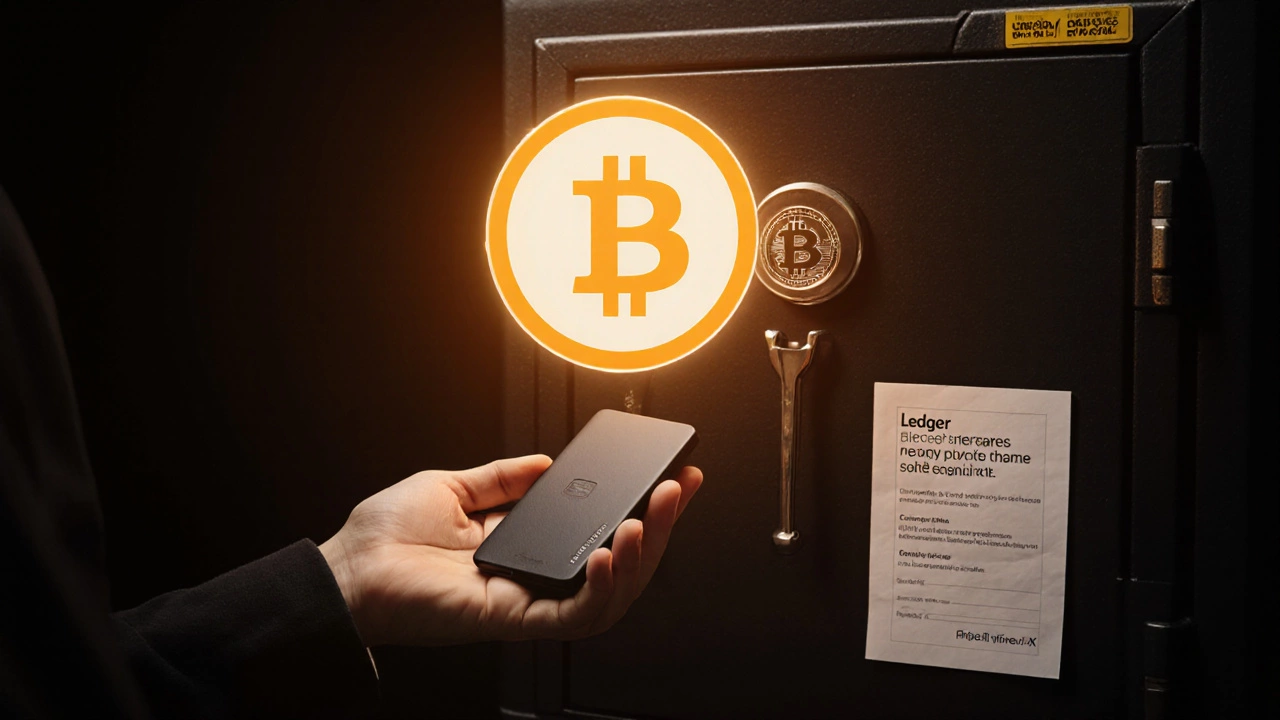Bitcoin Wallet: What It Is, How It Works, and What You Need to Know
When you hear Bitcoin wallet, a digital tool that lets you send, receive, and store Bitcoin by managing your private keys. Also known as a cryptocurrency wallet, it doesn’t hold coins like a physical bank account—it holds the proof that you own them. Without the right wallet, you don’t own Bitcoin. You just have a receipt from an exchange that could vanish tomorrow.
Think of your private key, a secret code that proves you control your Bitcoin and must never be shared as the only thing standing between your money and someone else stealing it. If you lose it, your Bitcoin is gone forever. If someone else gets it, they can take everything. That’s why most people choose between a hot wallet, a digital wallet connected to the internet, usually on a phone or computer for small daily spending, and a cold wallet, an offline device like a USB stick that keeps your keys away from hackers for bigger amounts. Exchanges like Coinbase or Binance offer wallets too—but they control the keys. That means you’re trusting them, not owning your Bitcoin directly.
Every time you buy Bitcoin, whether through a peer-to-peer trade or an exchange, your wallet address is where the coins land. But if you don’t understand how wallets work, you might send funds to the wrong address, forget your password, or fall for a fake app. The difference between a secure setup and a disaster often comes down to one thing: knowing how to protect your private key. Most losses aren’t from hacking—they’re from user error.
The posts below cover real stories and practical advice about how Bitcoin wallets function in the wild. You’ll find out who actually gets your money when you buy Bitcoin, why some wallets are safer than others, and how beginners can avoid the most common mistakes that cost people their savings. Whether you’re holding a few coins or planning to use crypto as part of your long-term strategy, understanding your wallet isn’t optional—it’s the foundation of everything else.
What Do I Do With Bitcoin Once I Buy It? A Practical Guide for Beginners

After buying Bitcoin, the real work begins. Learn how to store it safely, use it wisely, avoid scams, and handle taxes in Australia. No fluff-just what actually matters.
Read More >>